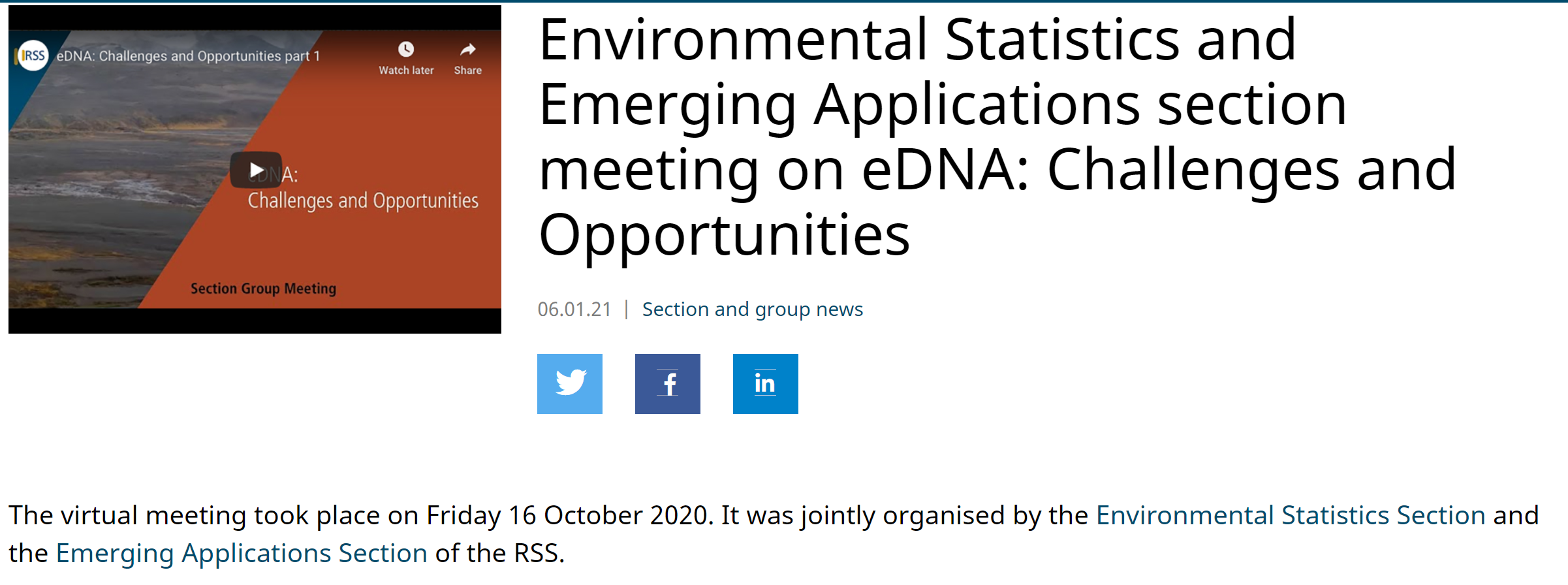Dr Eleni Matechou, chair of the Environmental Statistics section of the Royal Statistical society, has published the following report about the meeting
Author Archives: Eleni Matechou
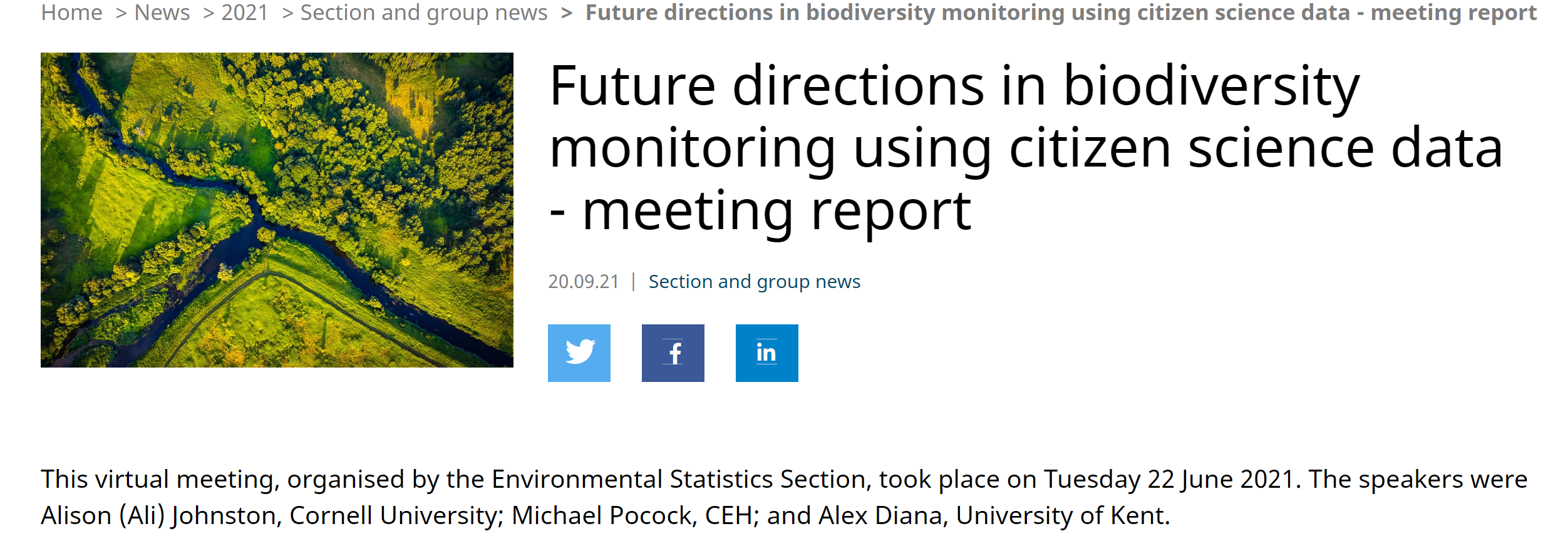
Future directions in biodiversity monitoring using citizen science data – meeting report
Eleni Matechou, chair of the Environmental Statistics section of the Royal Statistical Society, has published the following report about the meeting
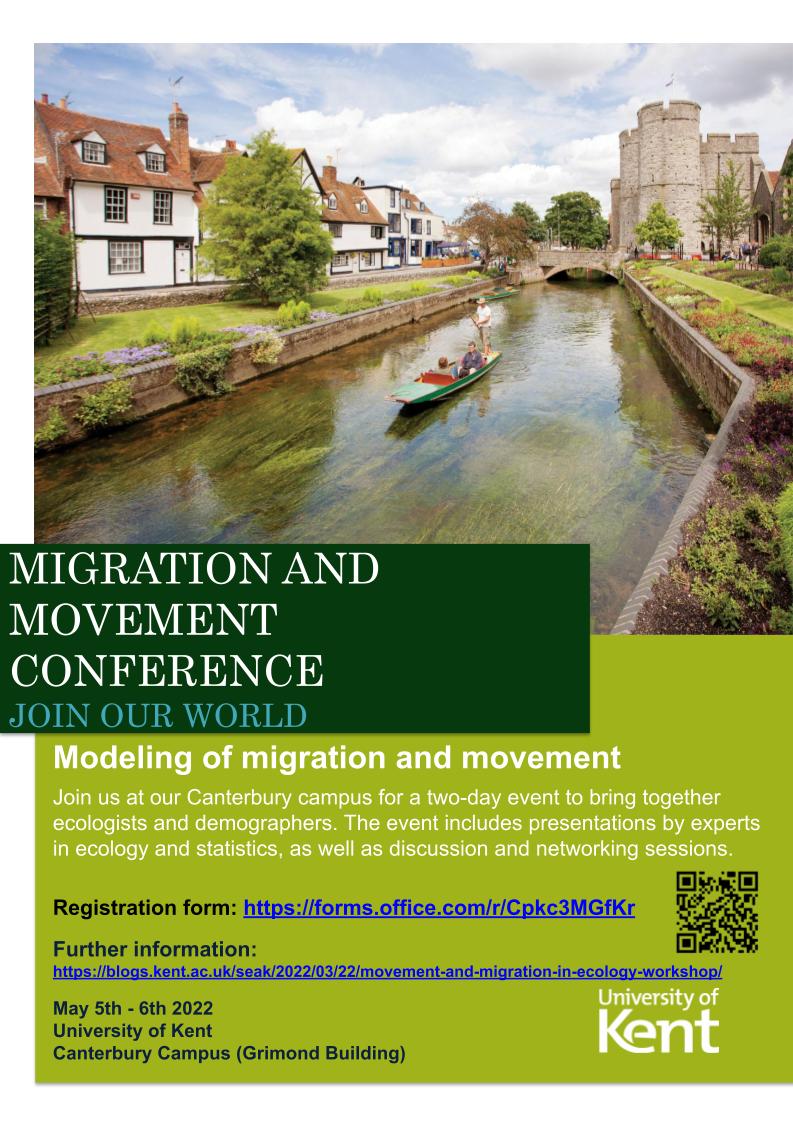
Movement and migration in ecology workshop
Daniel Bearup, Eduard Campillo-Funollet, Eleni Matechou and Bruno Santos were awarded funding from the University of Kent’s Migration and Movement Research Theme to run a 2 day workshop 5/6 May 2022.
The workshop will be themed around modelling of movement and migration, with the goal of identifying opportunities for collaboration between mathematicians, statisticians, ecologists and demographers, as well as discussing novel approaches within this theme.
The event will be face to face and take place on the University of Kent campus, in Grimond Building (in Lecture Theatre 1), with some virtual talks, to encourage interaction between participants and invited speakers.
The workshop will feature three broad themes, each covering corresponding approaches for modelling migration and movement: 1) Statistical Ecology 2) Mathematical Modelling 3) Demography and Social Sciences.
There is an exciting line up of speakers (see list below) from the UK and abroad.
Registration for the event is now closed. If you would like to attend and did not get a chance to register then you are welcome to attend the talks but please note that hospitality has only been ordered for 30 attendees.
Programme
Thursday 5th – Morning
- Frans Willekens (virtual) 9.45-10.30 45′ Emeritus professor of Demography at the University of Groningen
- Dave Roberts 10.30-11.15 45′ Reader in Biodiversity Conservation at the University of Kent – Slides
- Coffee break 11.15-11.45
- Eleonora Mussino 11:45-12:30 45′ Docent at the Stockholm University Demography Unit – Slides
- Discussion/networking 12:30-13.00
- Lunch 13.00-14.00
Thursday 5th – Afternoon
- Ruth King (virtual) 14.00-14.45 45′ Thomas Bayes’ Chair of Statistics at the University of Edinburgh – Slides
- Fay Frost 14:45-15.05 20′ PDRA at the University of Kent – Slides
- Coffee break 15.05-15.40
- Alex Diana 15.40-16.00 20′ PDRA at the University of Kent – Slides
- Sergei Petrovskii 16.00-16.45 45′ Professor in Applied Mathematics at the University of Leicester – Slides
- Wrap up/networking 16.45
Friday 6th – Morning
- Jonathan Potts (virtual) 9.45-10.30 45′ Senior Lecturer in Mathematics at the University of Sheffield – Slides
- Luca Borger 10.30-11.15 45′ Professor in Ecology and Biodiversity at the University of Swansea
- Coffee break 11.15-11.45
- Luca Giuggioli 11:45-12:30 45′ Reader in Complexity Sciences at the University of Bristol
- Discussion/networking 12:30-13.00
- Lunch 13.00-14.00
If you are driving to campus then you can find information on parking here.
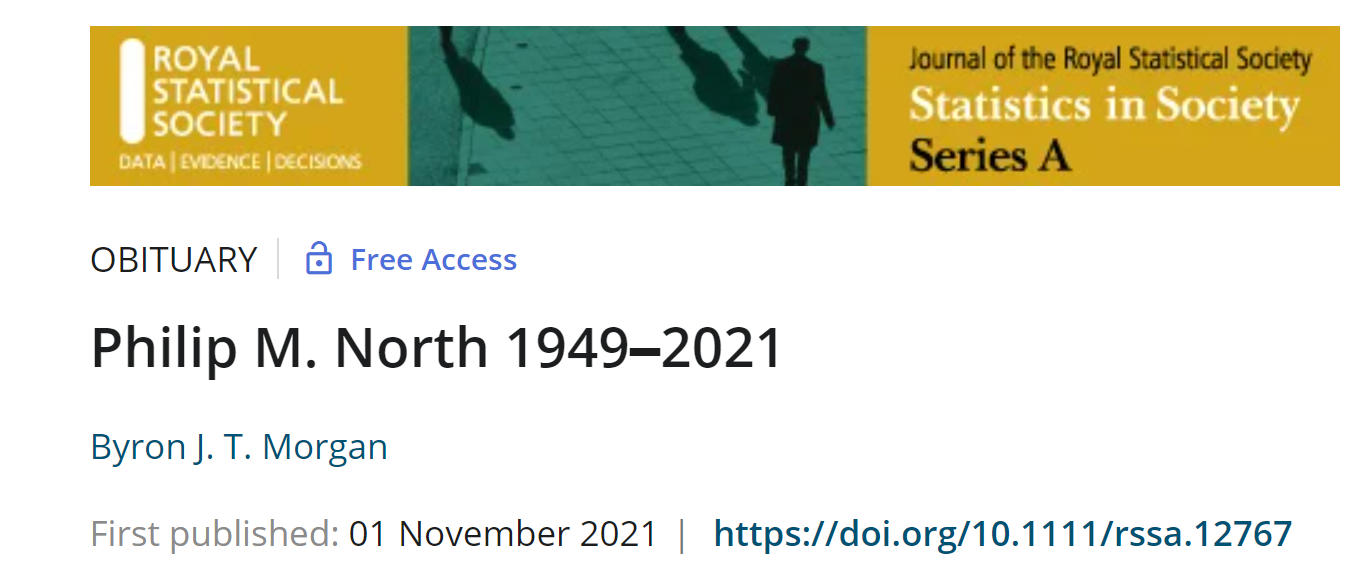
Obituaries for Philip North
Philip North, 21st May, 1949 – 4th June, 2021
It is our sad duty to let you know of the death of Philip North, who died on the 4th June 2021, aged 72. Philip made a huge contribution to the development of the EURING Analytical Meetings, acting as editor of the first five proceedings.
He obtained his PhD on Statistical methods in ornithology from the University of Kent in 1979. This involved the development of novel analyses of various BTO datasets, in particular devising a method of cluster analysis to determine bird territories and enhancing various aspects of survival estimation. His influential 1978 paper in Biometrics used a variety of methods, including logistic regression and point process modelling, to investigate the effects of weather on the survival of grey herons. In addition, through his enthusiasm and research highly productive links were established between the Universities of Kent and St Andrews and with the Centre d’Ecologie Fontionnelle & Evolutive, CNRS Montpellier, which, together with the BTO are continued by the current members of the Statistical Ecology at Kent research group.
Philip was an expert ornithologist and a keen birder. For example, we recall that he was one of a small number of observers who recorded the first sighting of a pallid swift in Britain and Ireland Thus he was well placed to understand both the statistical and ecological aspects of avian ecology. This combination of ornithology and statistical modeling made him an ideal contributor to the EURING Analytical Conferences, as did his role as secretary of the Mathematical Ecology Group of the British Region of the Biometric Society and the British Ecological Society.
Innovative discussions and published proceedings became key features of these EURING meetings. The first two were held in Wageningen in 1986 and at Sempach in 1989 and Philip edited the resulting proceedings single-handed, as well as jointly editing the proceedings of the meetings held in Montpellier (1992), Patuxent (1994) and Norwich (1997; see https://euring.org/meetings/analytical-meetings/analytical-meeting-proceedings ) . This was an important and sustained contribution, which appreciably advanced the theory and application of relevant aspects of statistical ecology, with wide application to both theoretical and applied problems. It also showed how data gathered by the bird ringing/banding schemes coordinated through EURING could be collected and analyzed in ways that enhanced their ecological value. It is particularly noticeable how the content of the conference papers evolved over Philip’s period as editor. The first meeting focused on the use of individual datasets to estimate specific parameters, mainly survival. By the 1997 meeting there was greater interest in model selection and applied studies, with the first signs of the developments in data integration that would follow over the next 20 years.
Philip’s wife Monica died in 2008. They are survived by their children, Robin, Geoffrey and Melissa to whom we extend our deep condolences.
An obituary has recently appeared in JRSSA https://rss.onlinelibrary.wiley.com/doi/10.1111/rssa.12767
Byron Morgan and Stephen Baillie
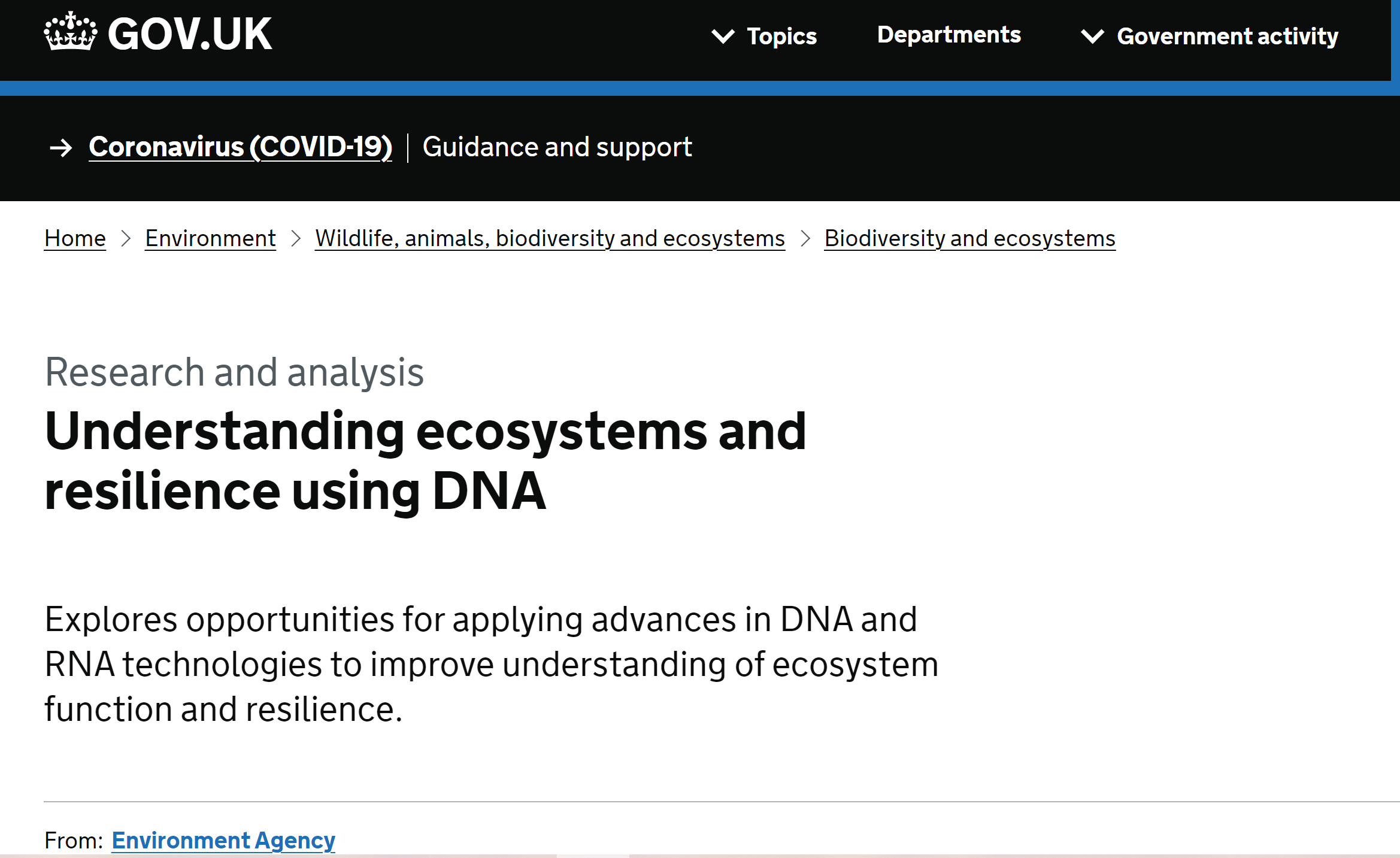
Think Piece with Eleni as co-author published on Gov.uk
The Think Piece, titled “Understanding ecosystems and resilience using DNA“, explores opportunities for applying advances in DNA and RNA technologies to improve understanding of ecosystem function and resilience. Eleni’s contribution in particular, written together with Doug Yu, UEA, looks at “The contribution of DNA-based methods to achieving socio-ecological resilience”.
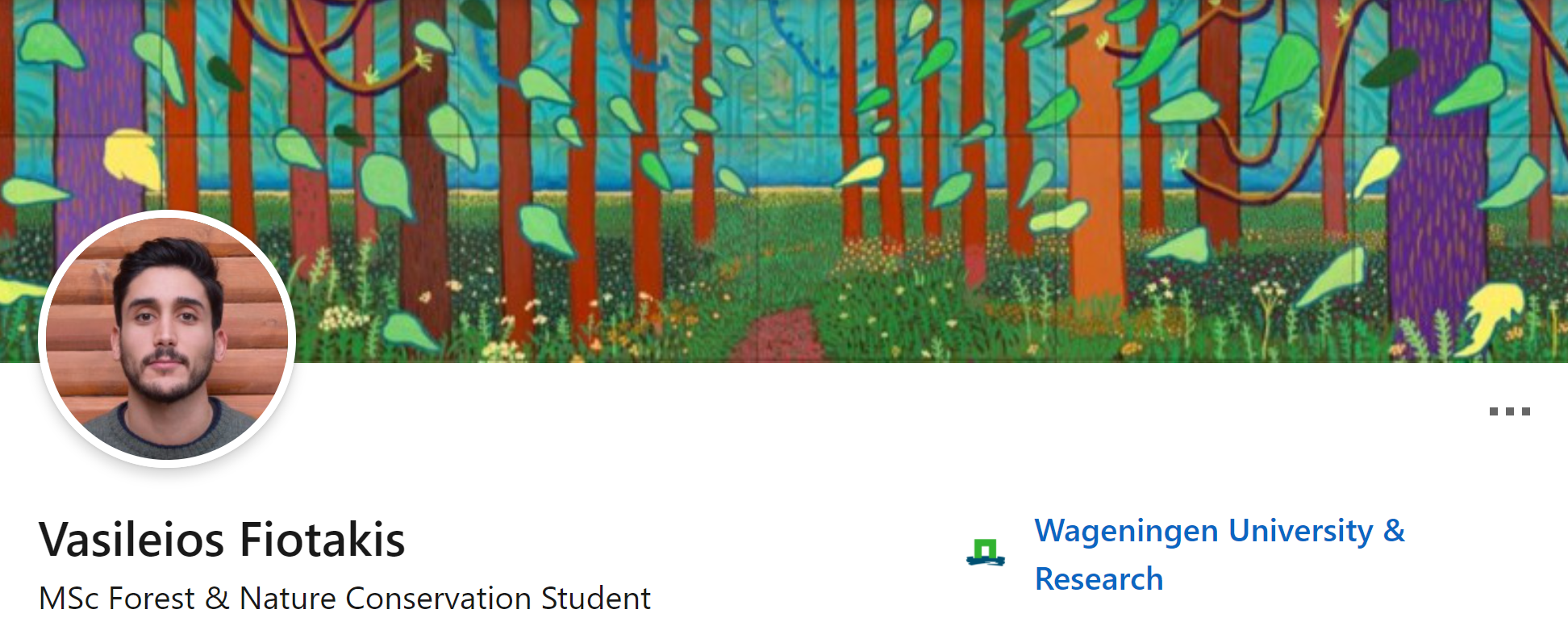
Welcome to Vasilis
Welcome to Vasilis Fiotakis, who will be doing his 16-week long internship with Fabian and Eleni, in collaboration with the Bumblebee Conservation Trust, looking at fitting models to BeeWalk data.
Vasilis is currently doing his MSc in Forest & Nature Conservation at Wageningen University.
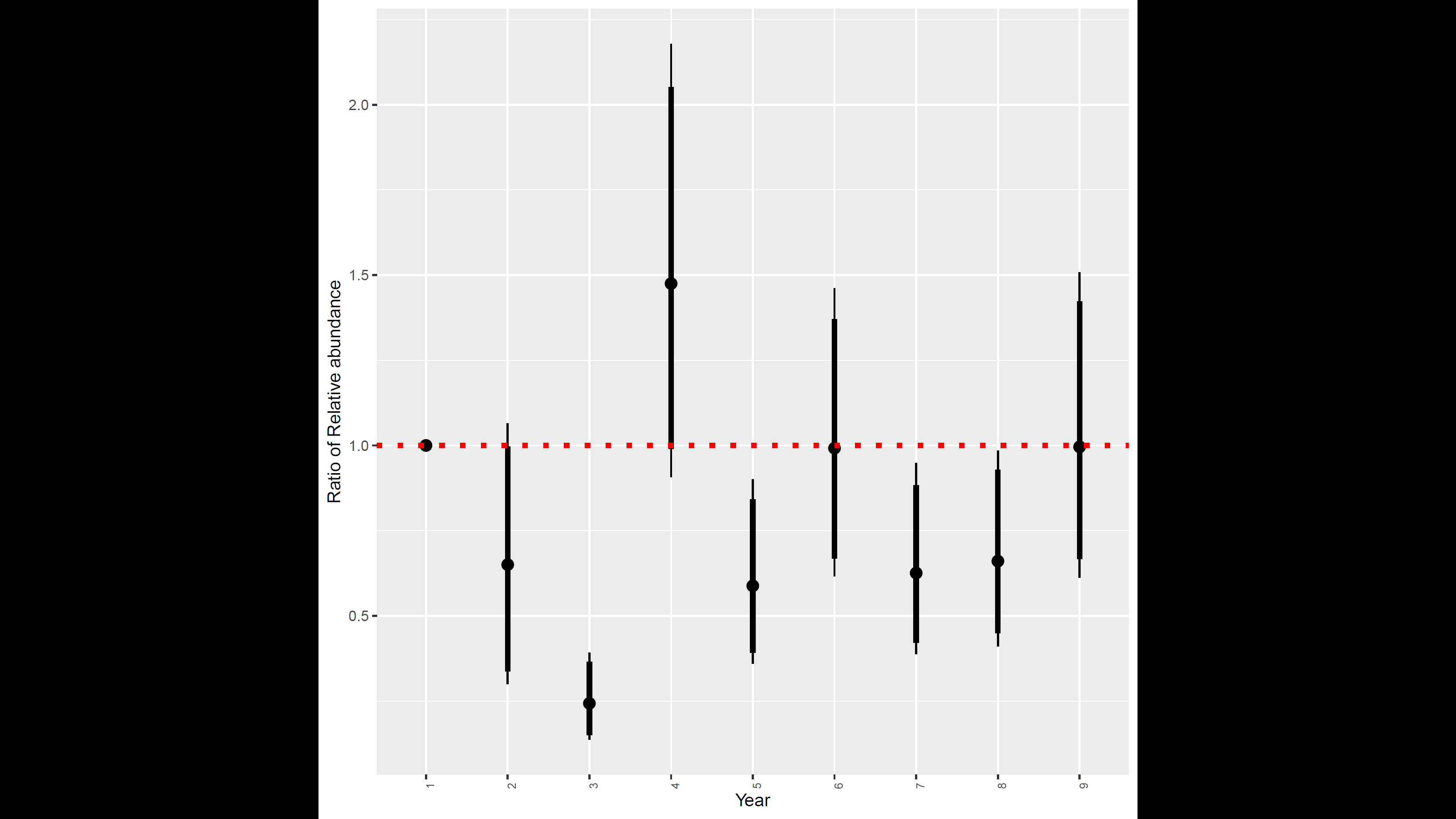
Research by Eleni and colleagues mentioned by the Independent
As part of a series of articles on International Bee Day 2021, The Independent mentioned work by Eleni on modelling bumblebee citizen science data. In particular, the article referred to results published in 2018, which suggested that even some common species of bumblebee are now in decline.
Recent analysis, using the new and freely available RShiny app, developed by research student Fabian Ketwaroo, suggest that the number of queens emerging from hibernation each year for species Bombus pascuorum and Bombus hortorum continue to be stable in recent years compared to 2011, when BeeWalk data were first collected.
At the same time there is some indication of positive news for species Bombus lapidarius, also known as the red tailed bumblebee, as the number of queens emerging from hibernation is on the rise in recent years, with 2019 seeing a similar number of queens to 2011. (see plot above, showing the number of queens emerging each year in comparison to 2011).
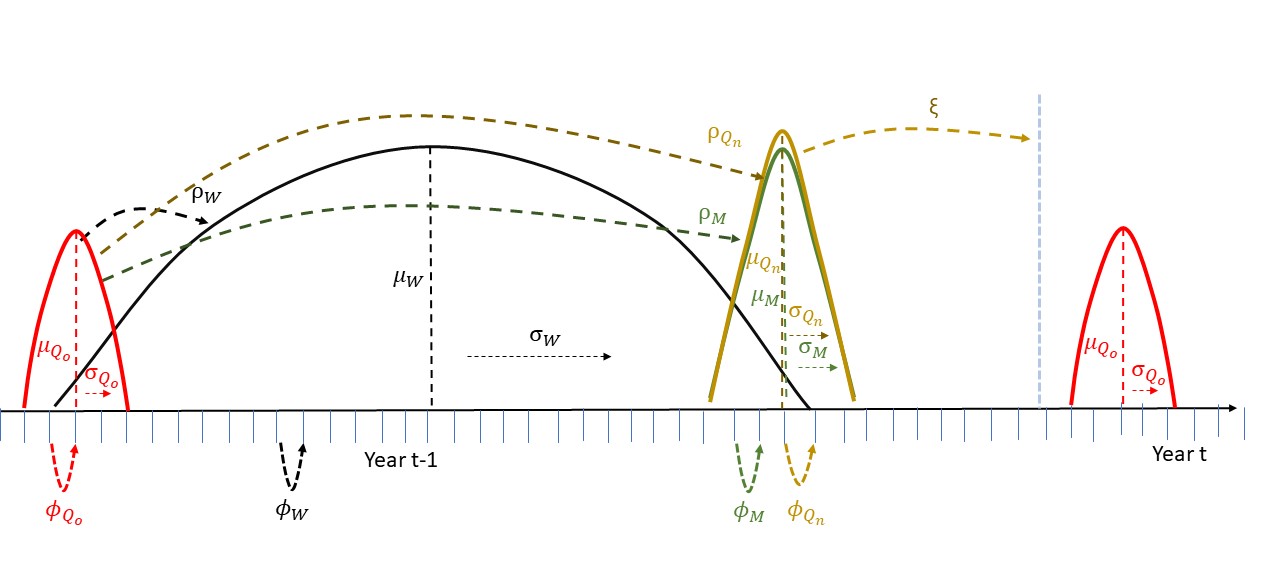
Eleni gave invited talk during an BI-IBS event
Eleni was invited to present some of her work on modelling bumblebee citizen science data during a meeting organised by the British and Irish Region of the International Biometric Society on Advanced Topics in Spatial Sampling.
Eleni’s talk showcased a new Bayesian model, developed and implemented into a freely-available RShiny app by research Fabian Ketwaroo and demonstrated it when modelling two species of UK bumblebees.
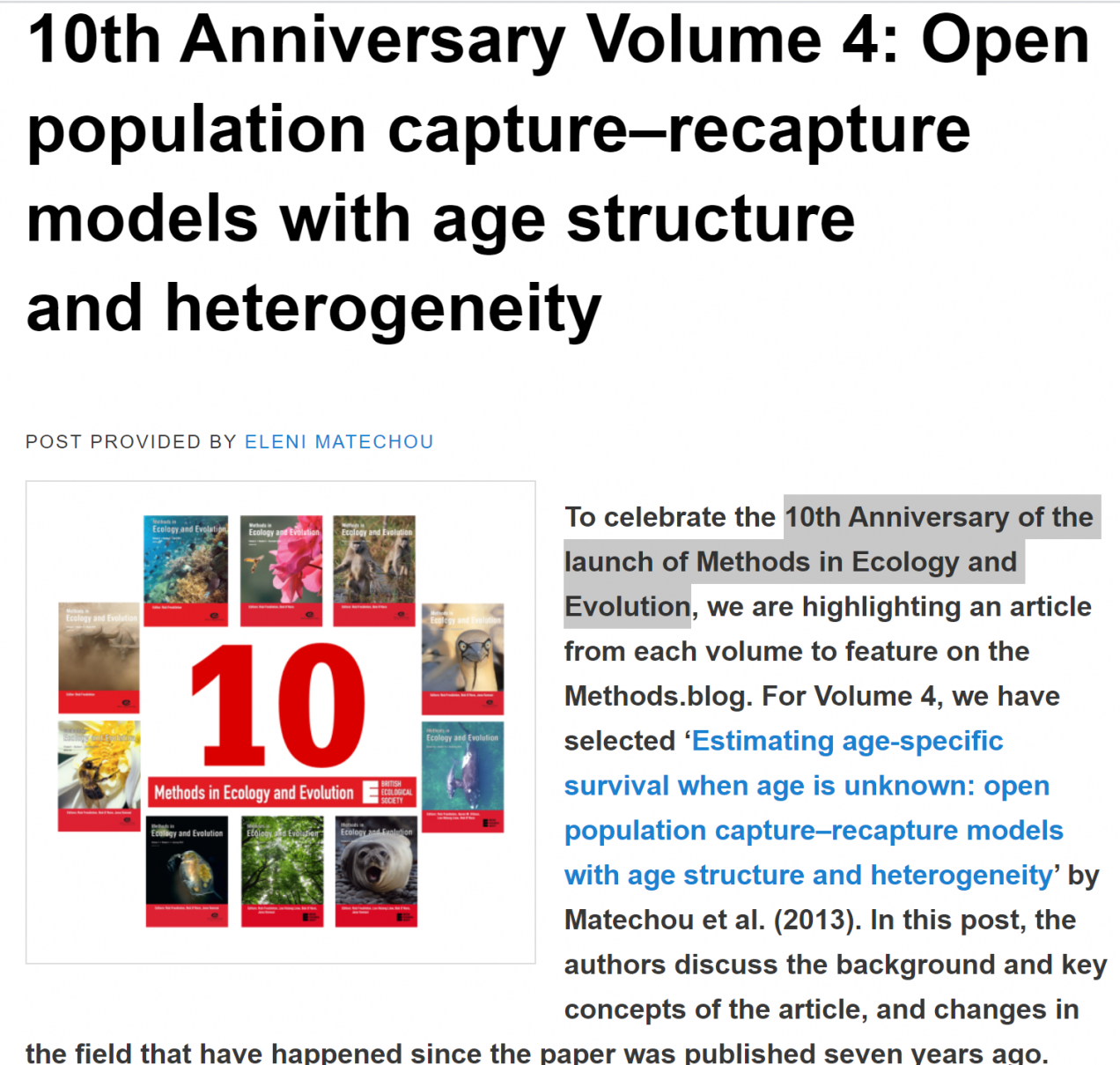
Paper with Eleni as lead author selected as part of the 10th anniversary celebrations of MEE
One of Eleni’s very first papers, it was published in 2013, in the 4th volume of Methods in Ecology and Evolution, and has been chosen as the paper to highlight from that volume as part of the 10th anniversary celebration of the journal.
Read the story behind the paper in the associated blog post.
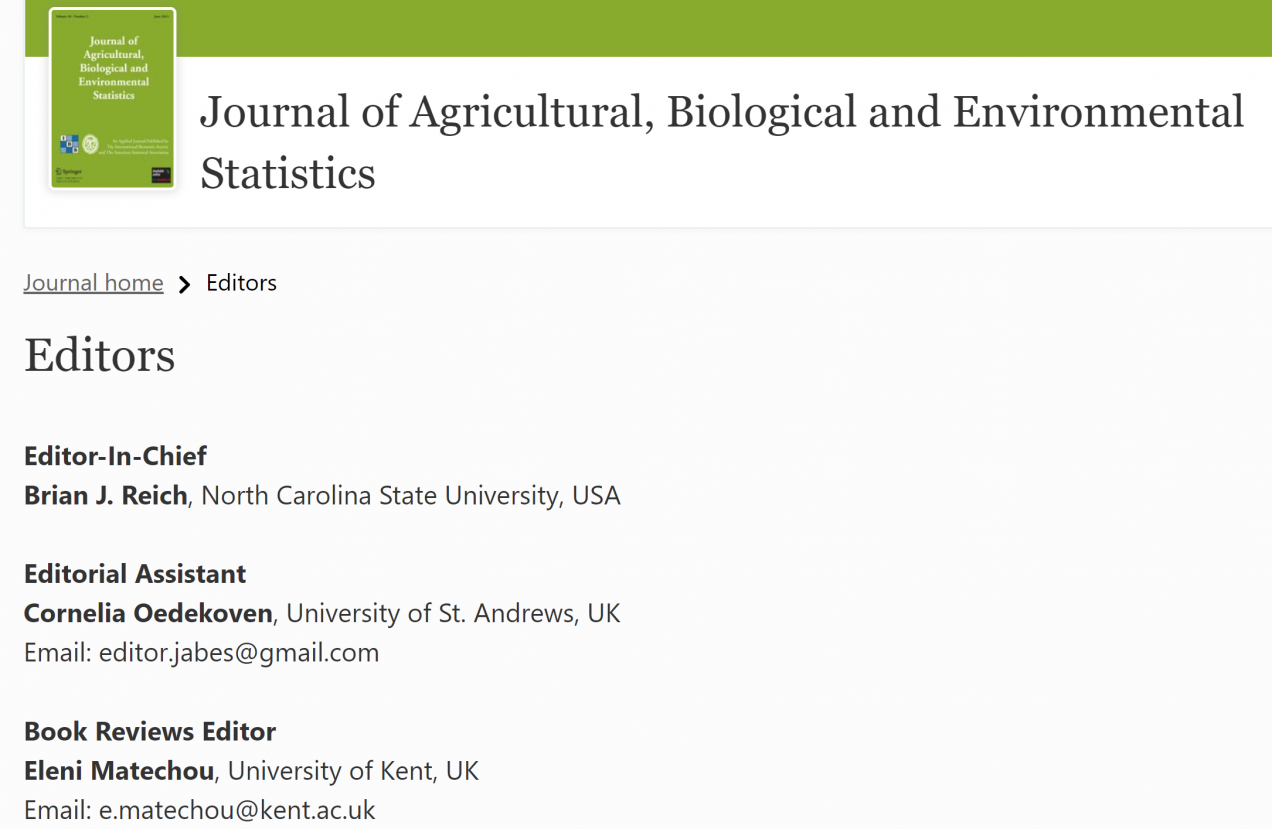
Eleni appointed Book Reviews Editor for JABES
Congratulations to Eleni for her new role as Book Reviews Editor for the Journal of Agricultural, Biological and Environmental Statistics.

